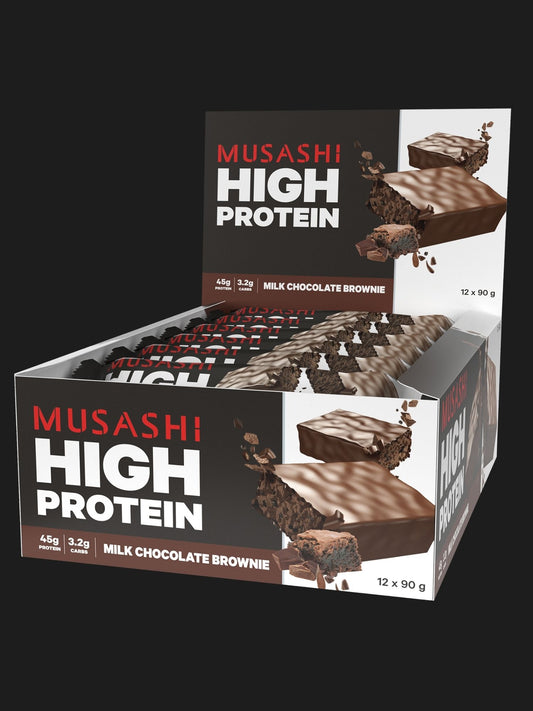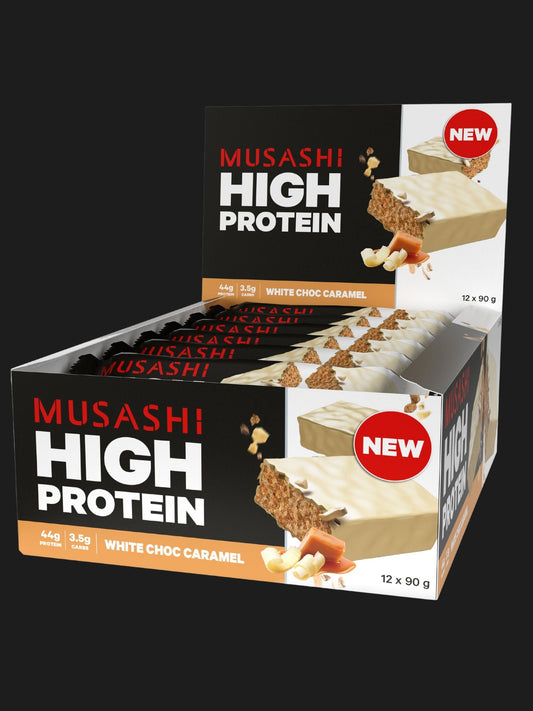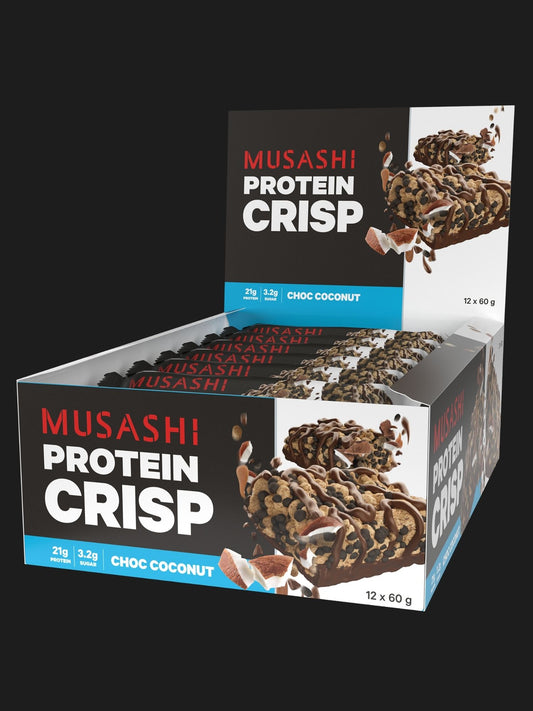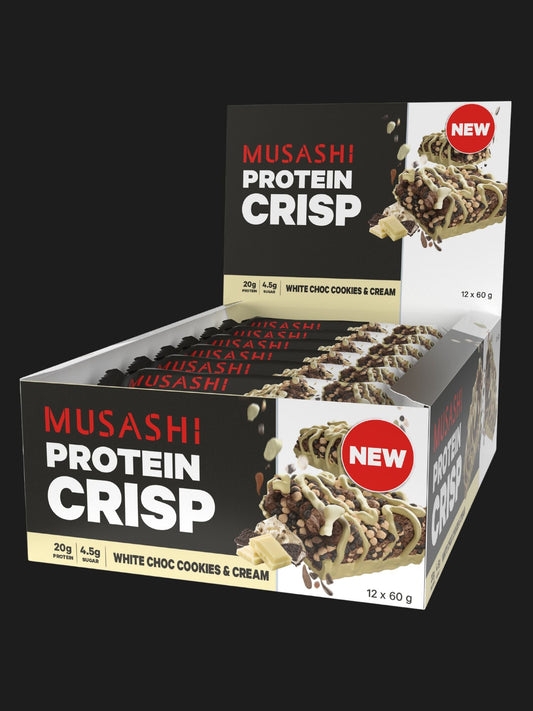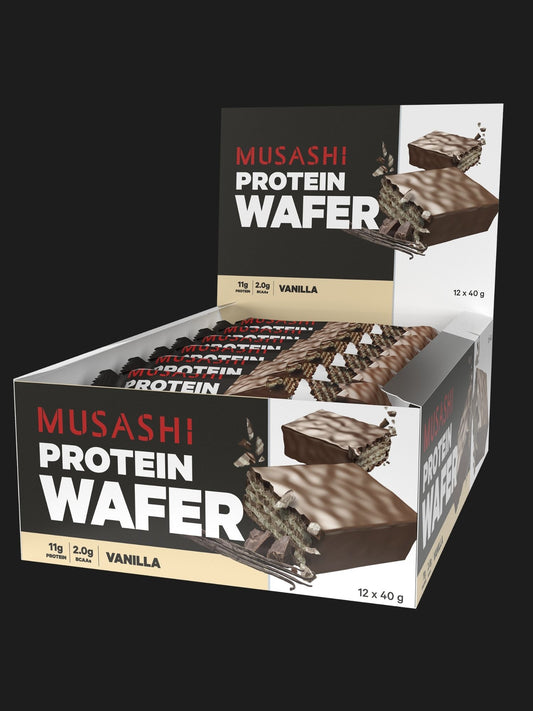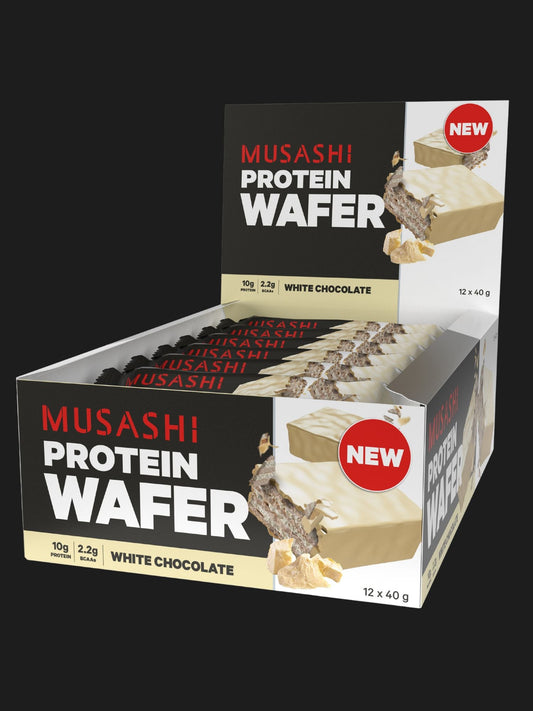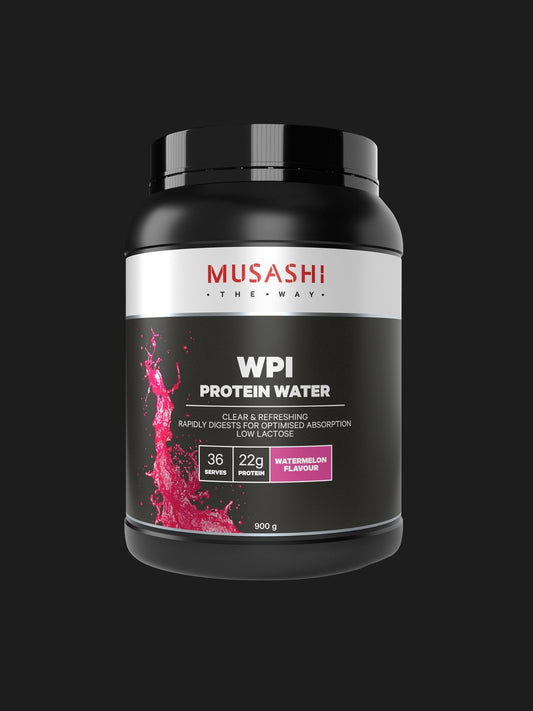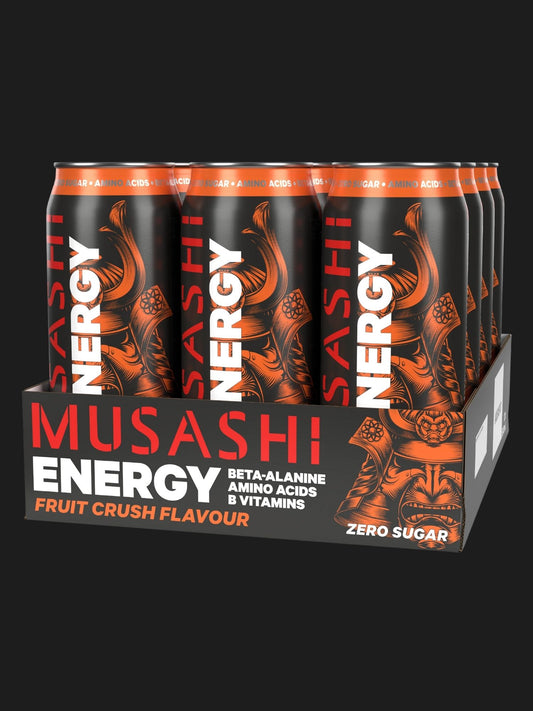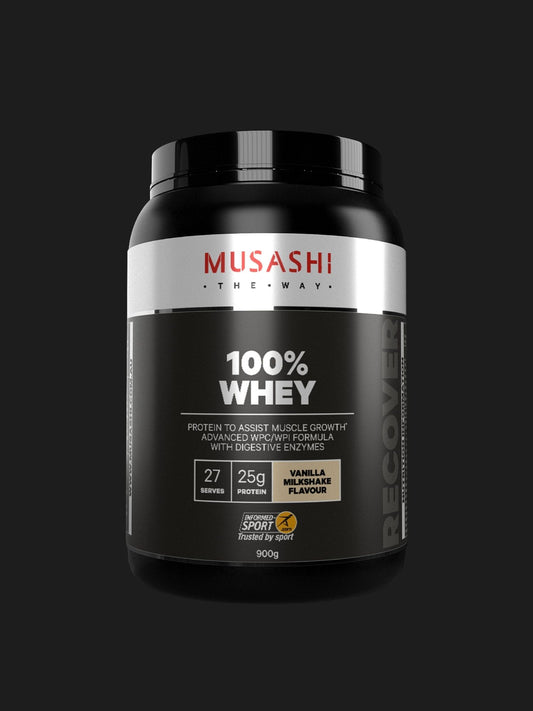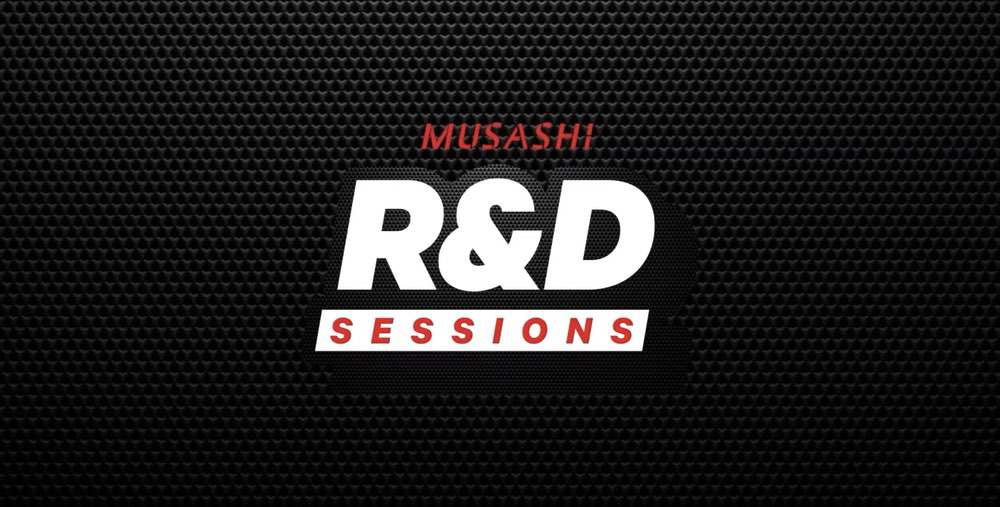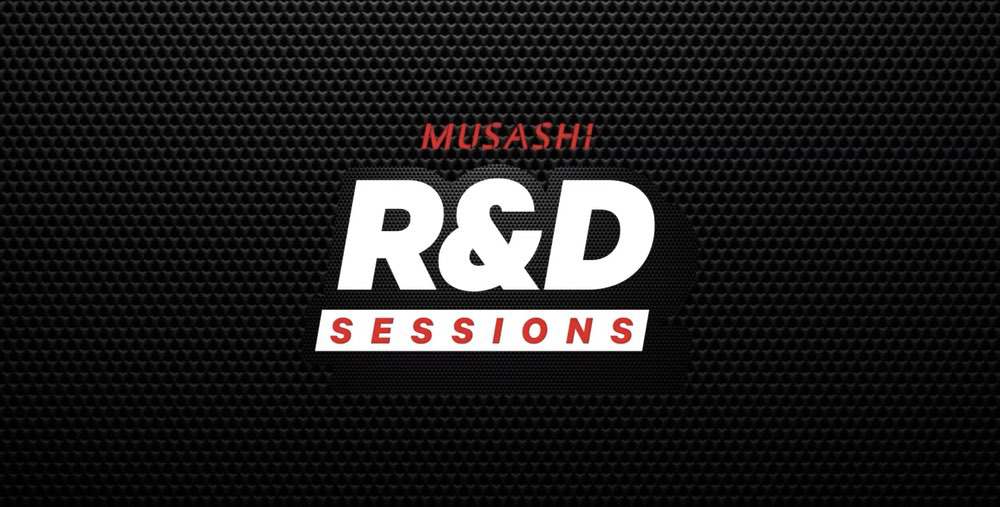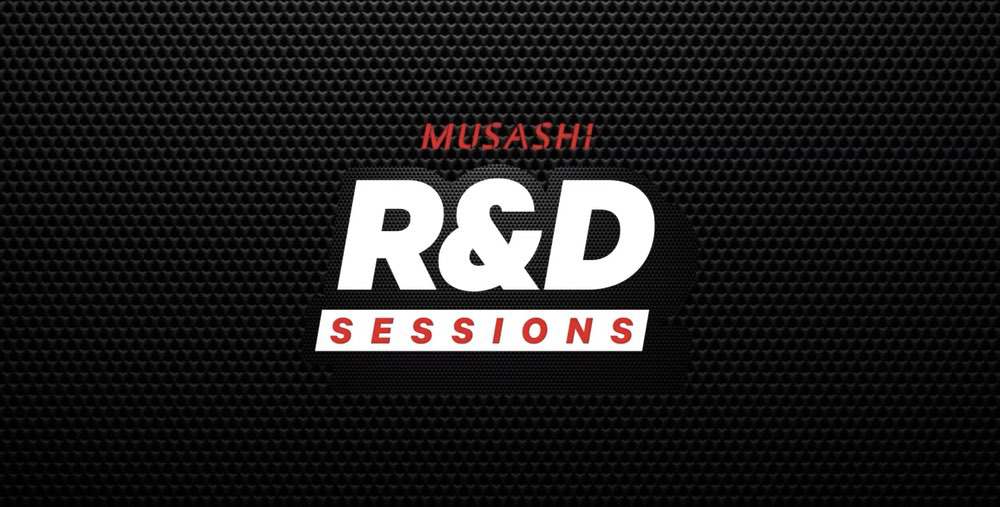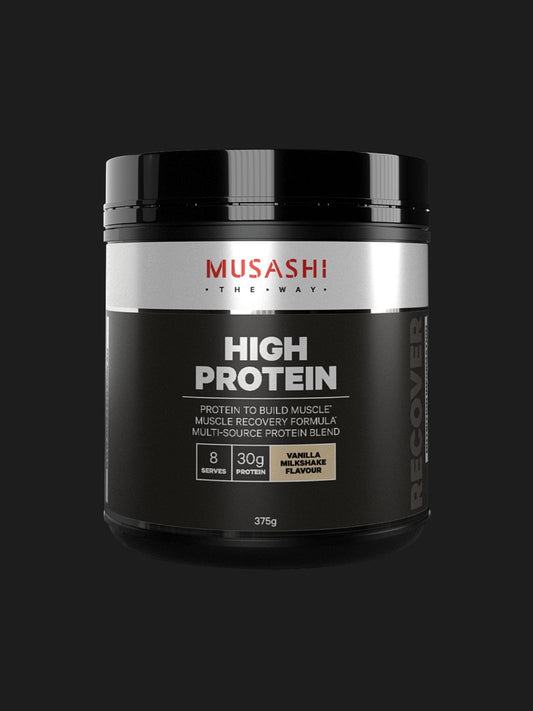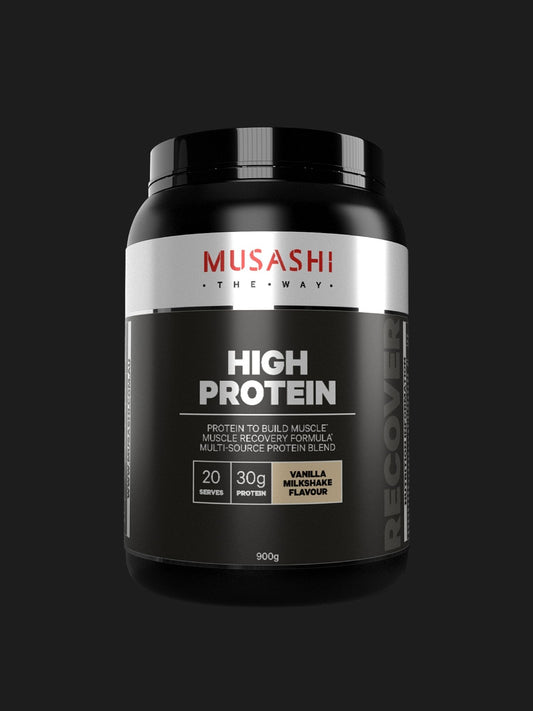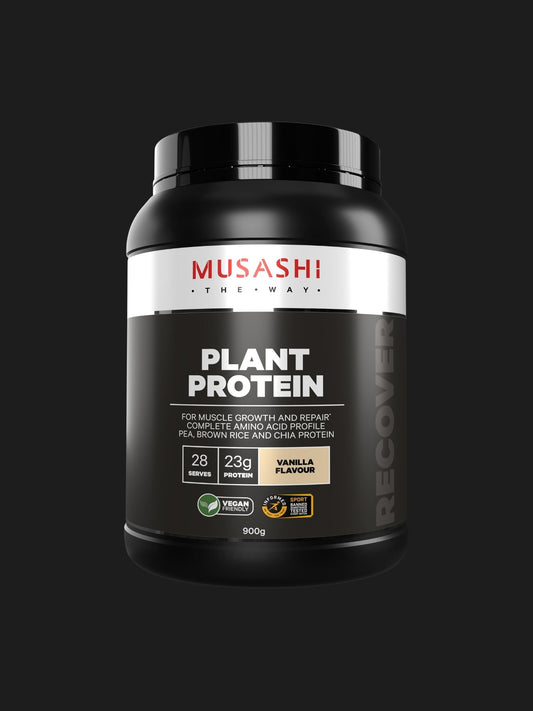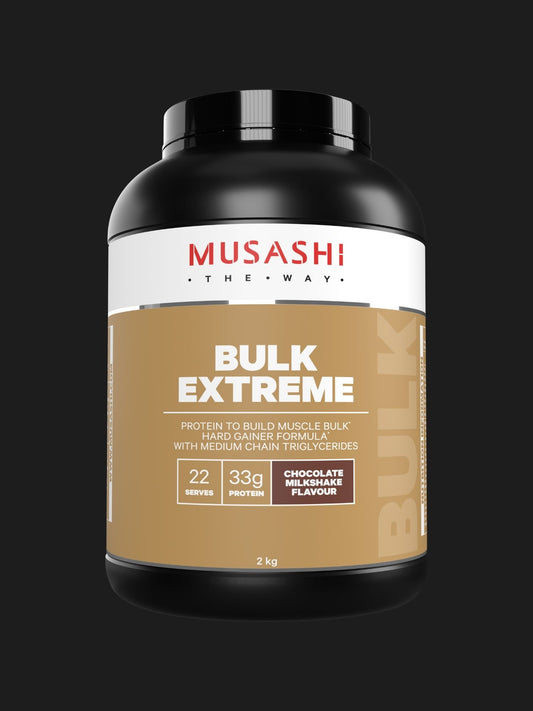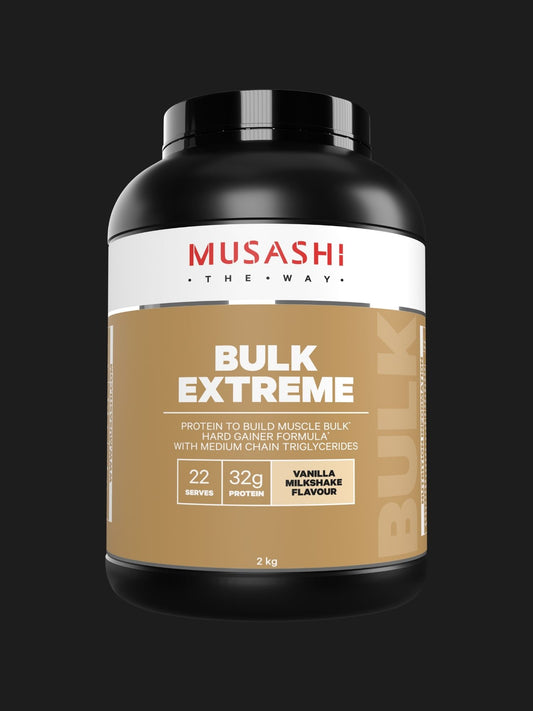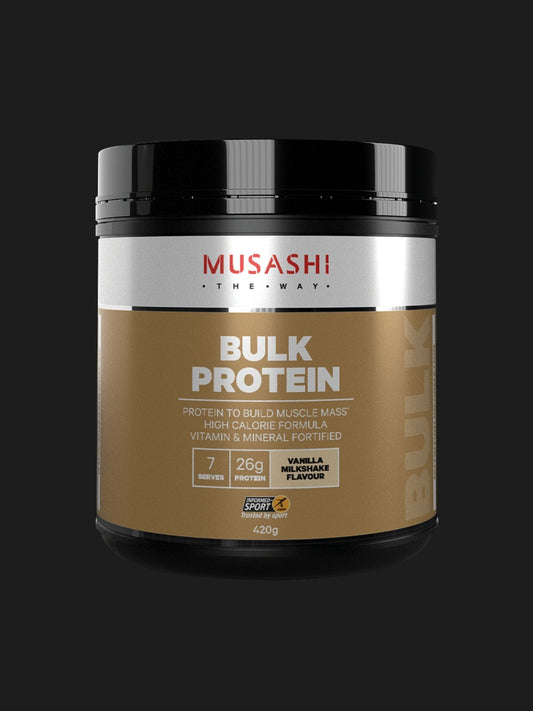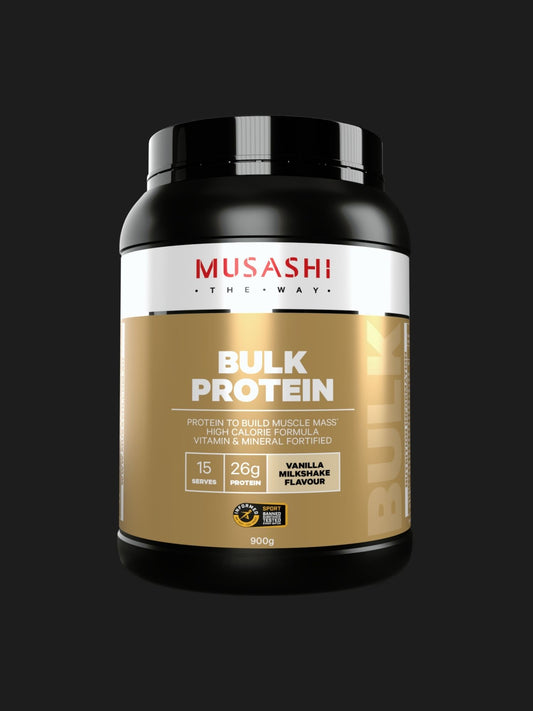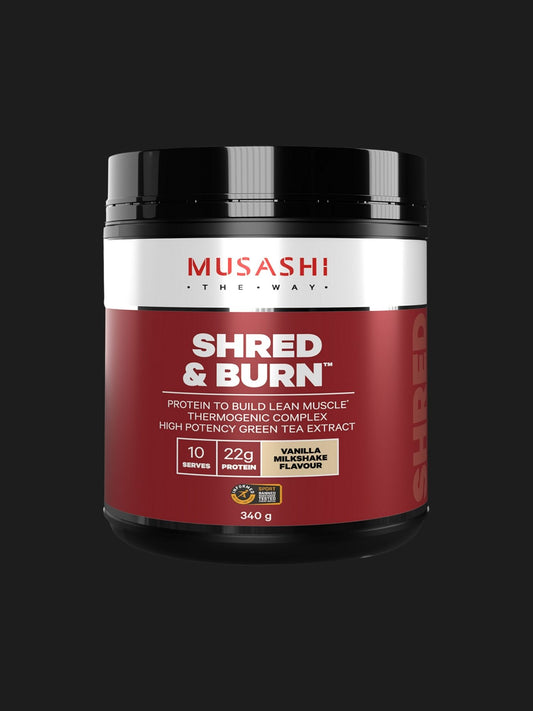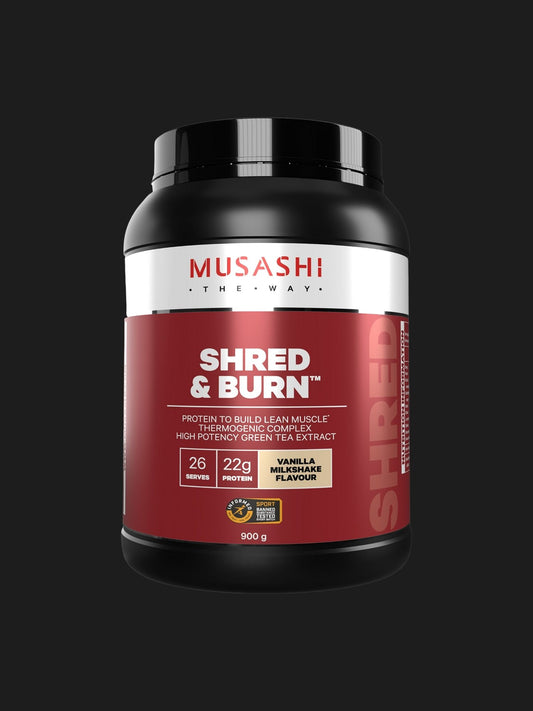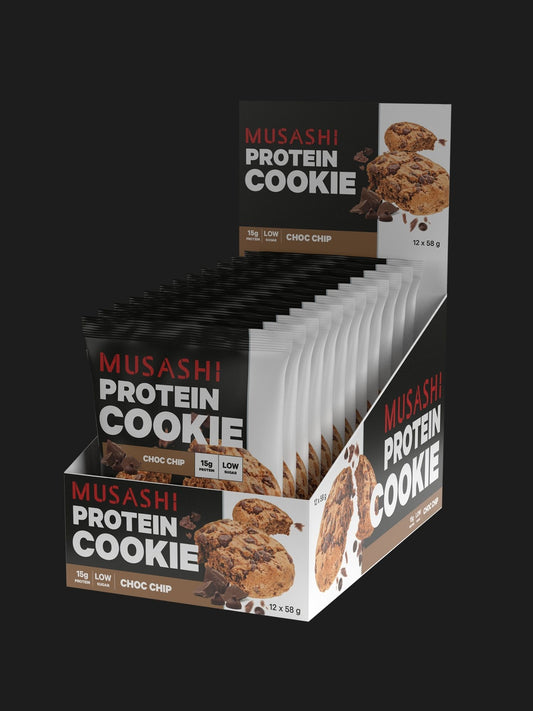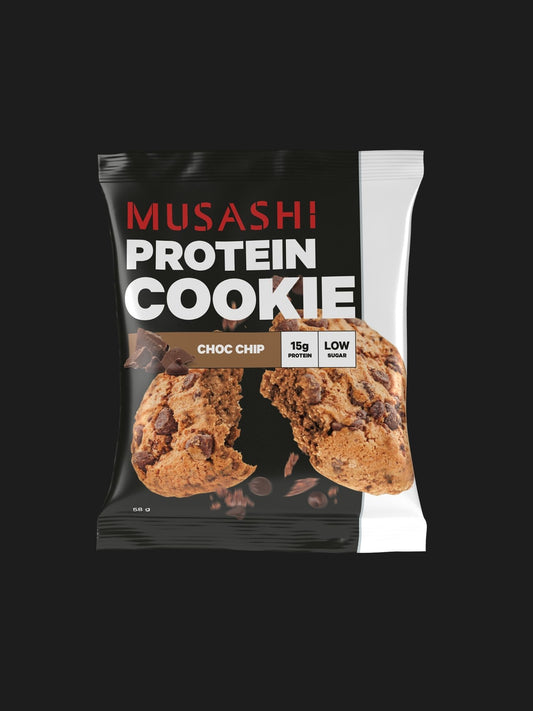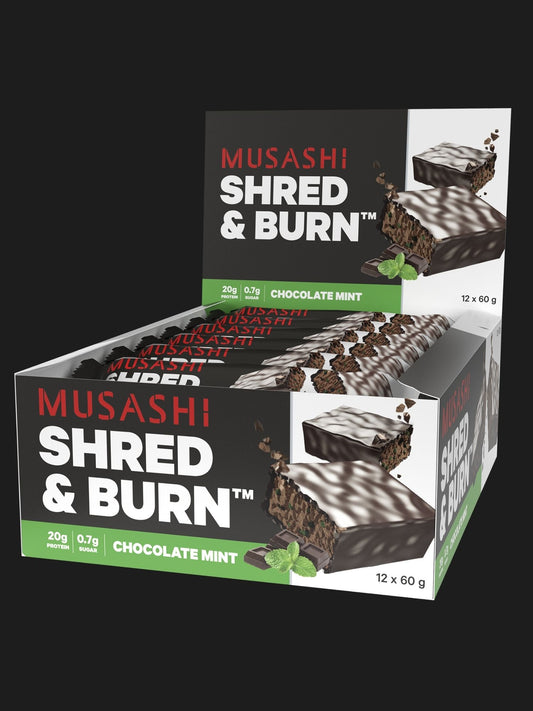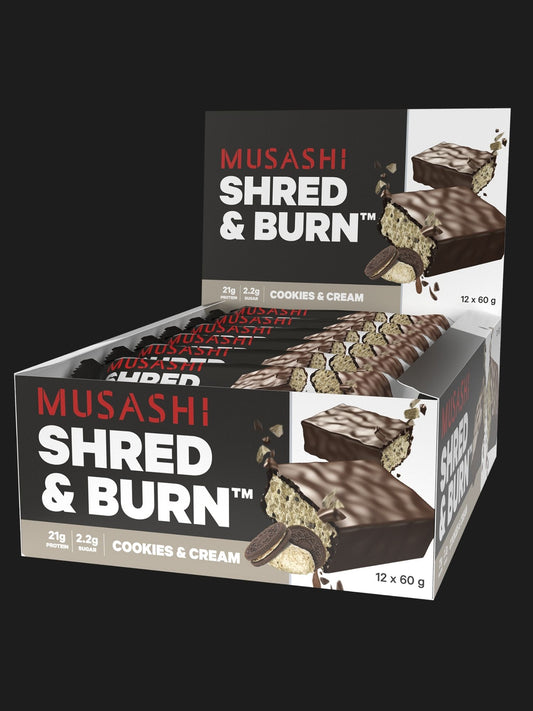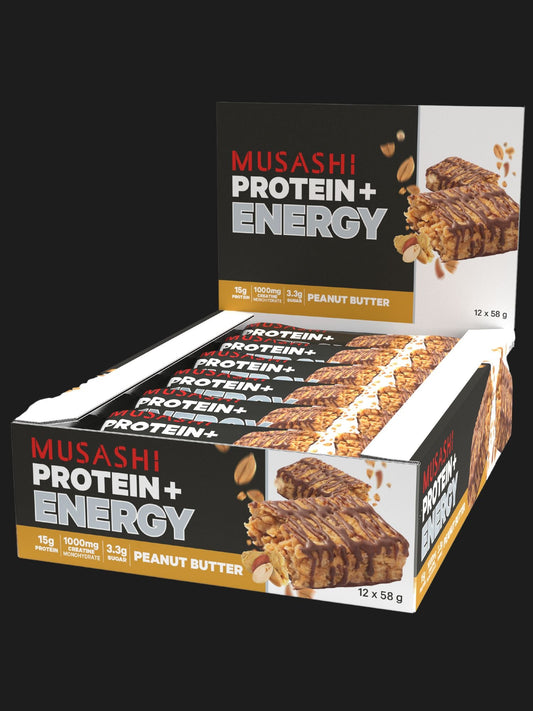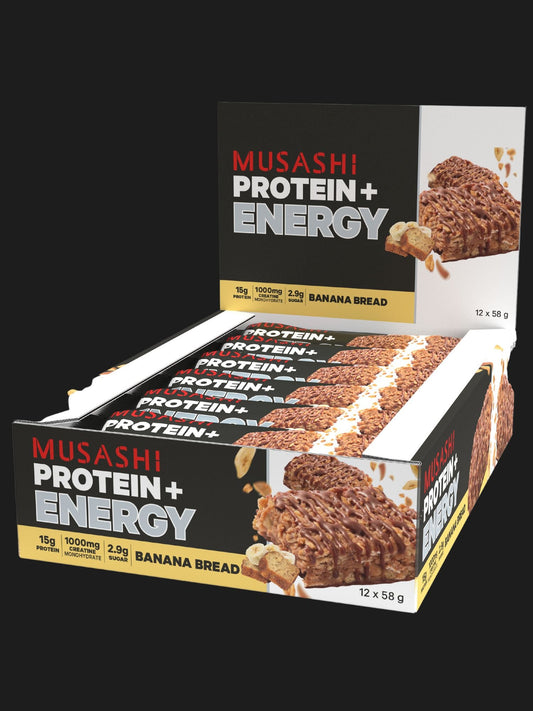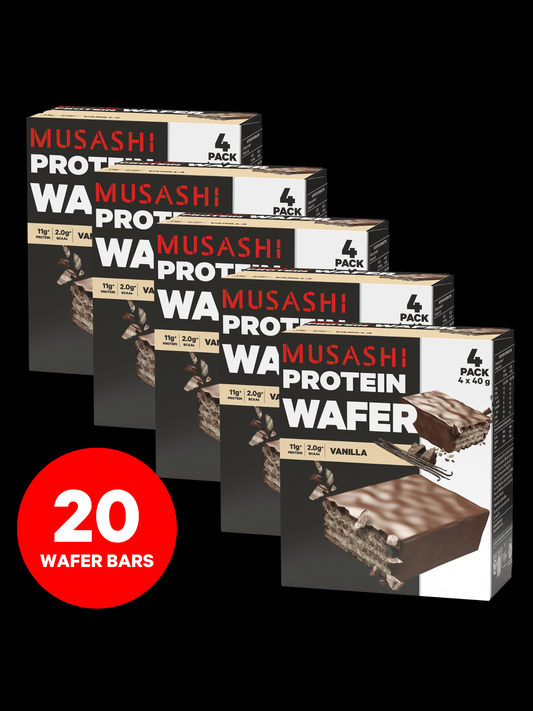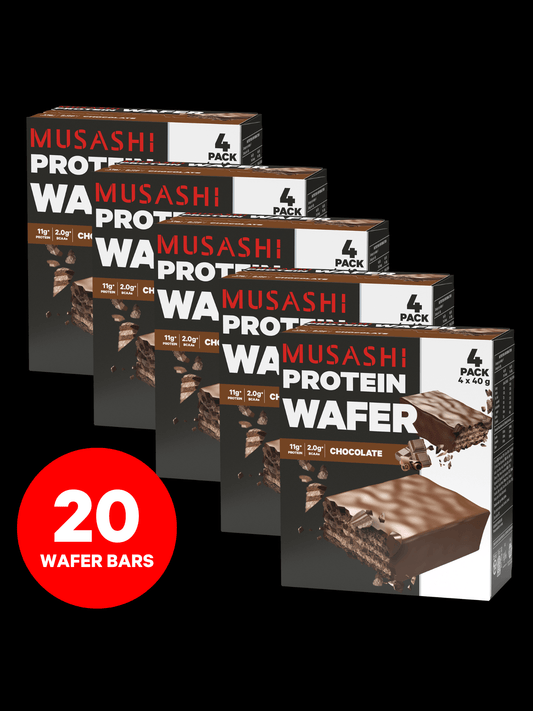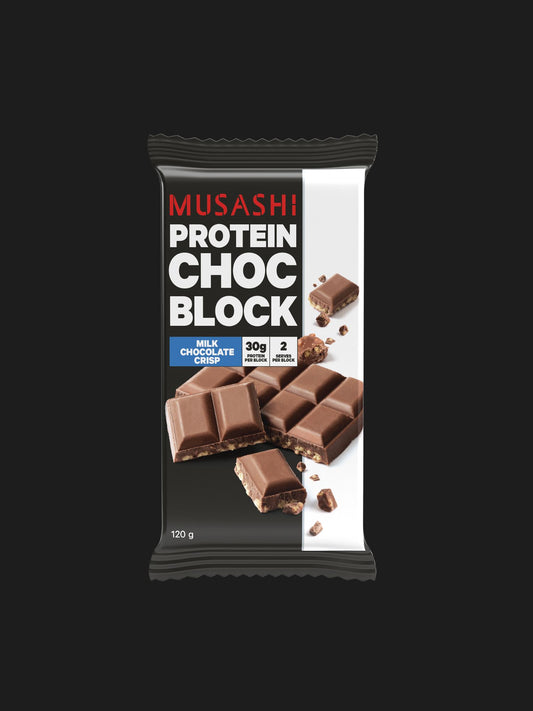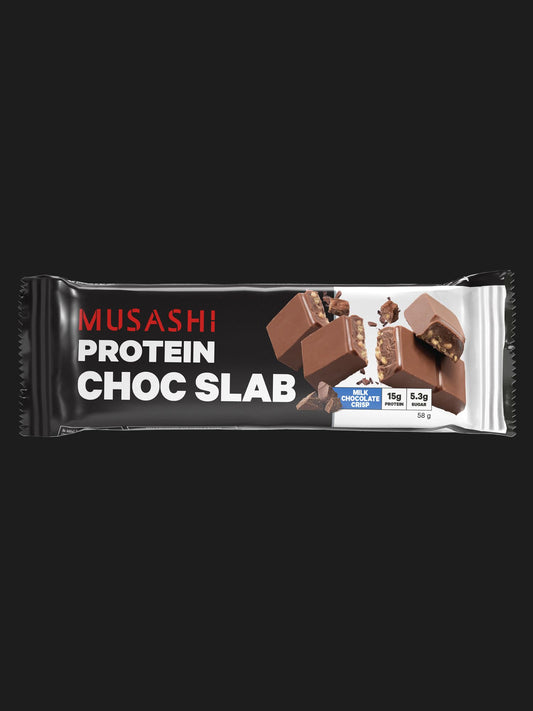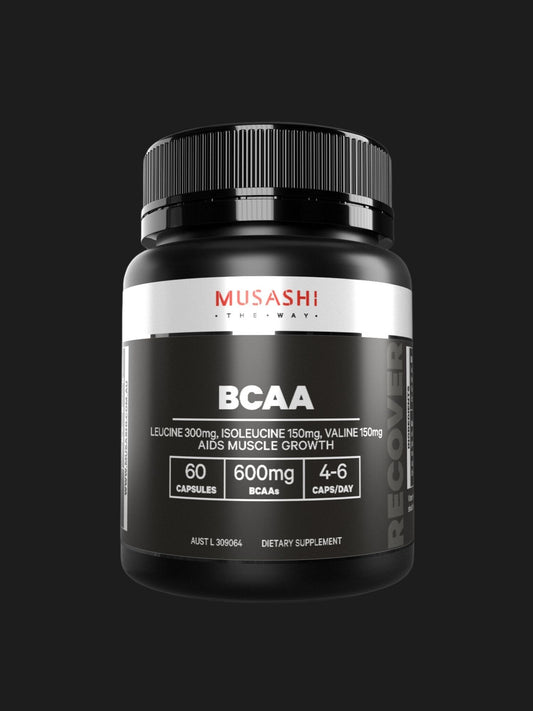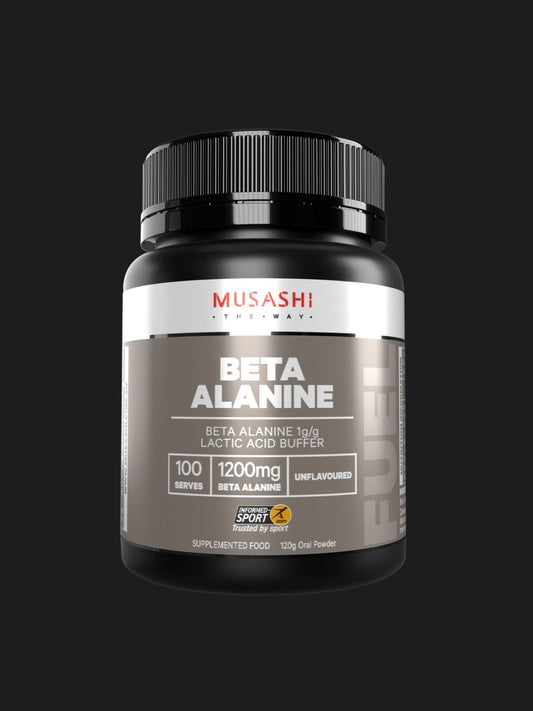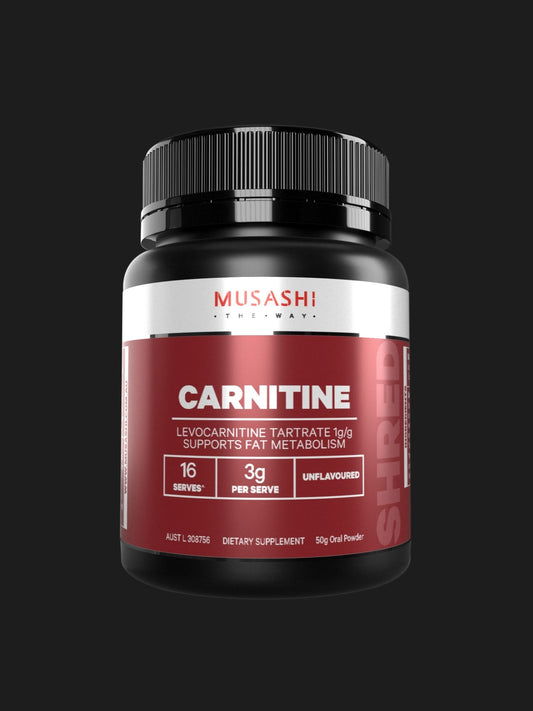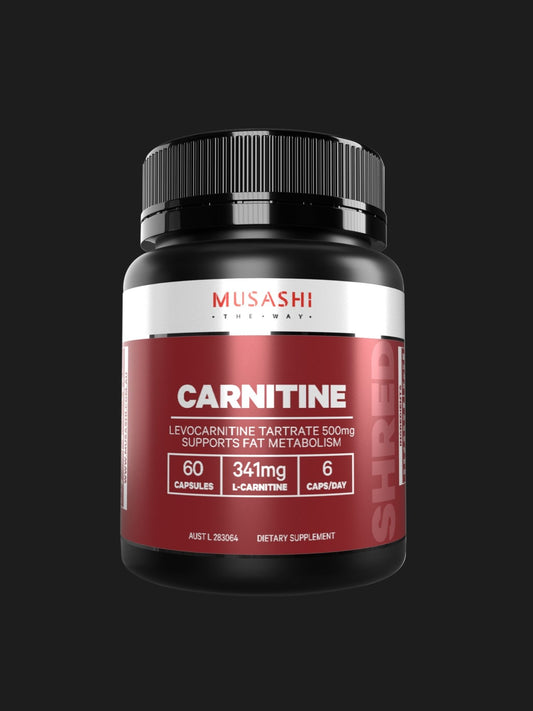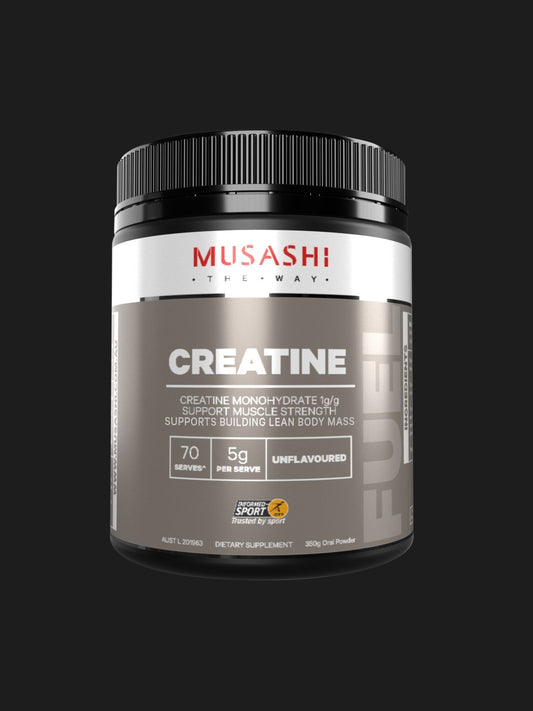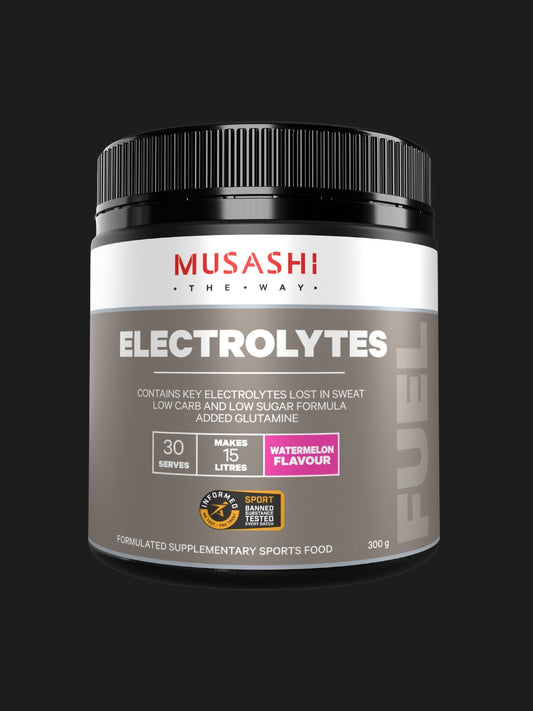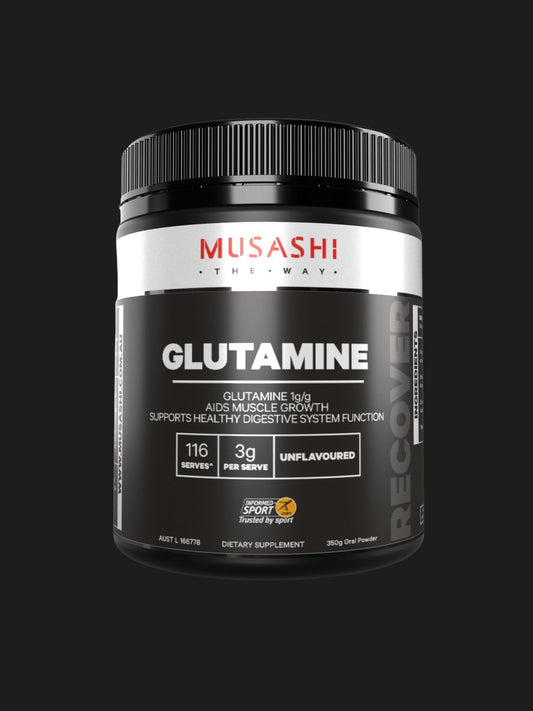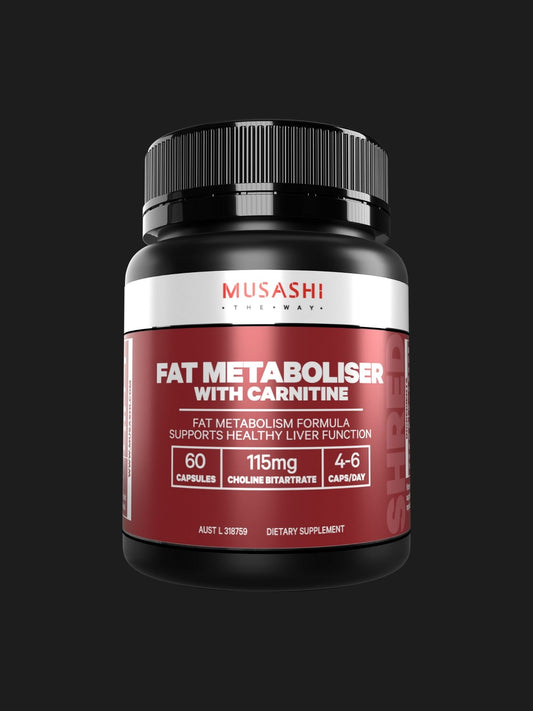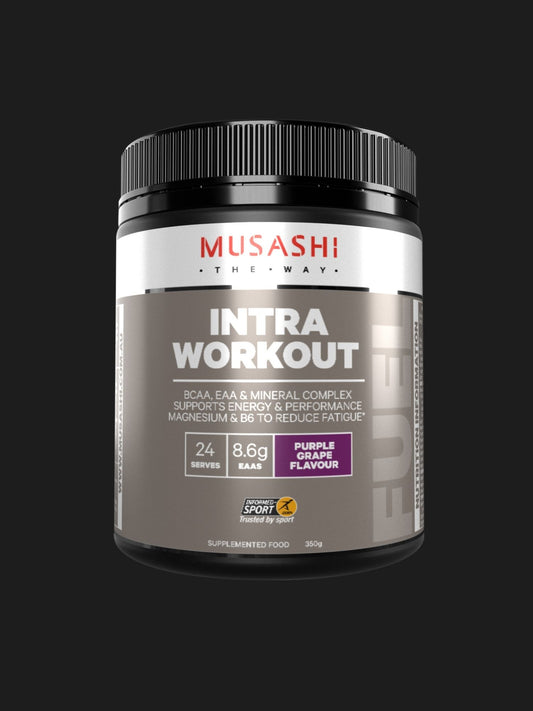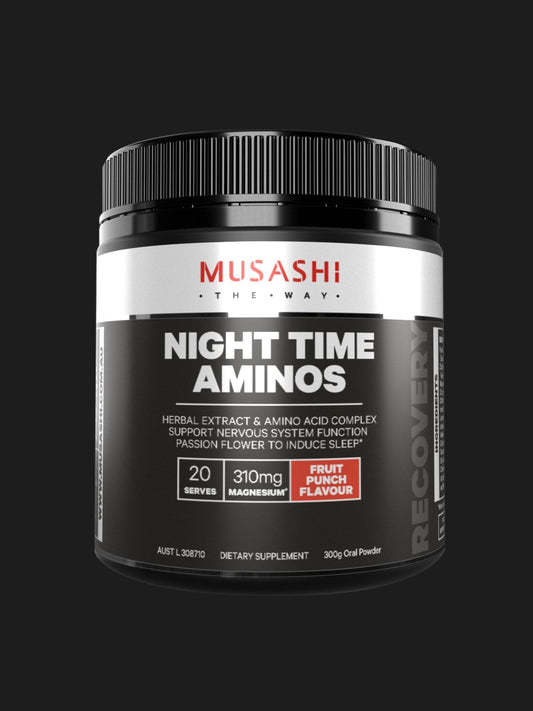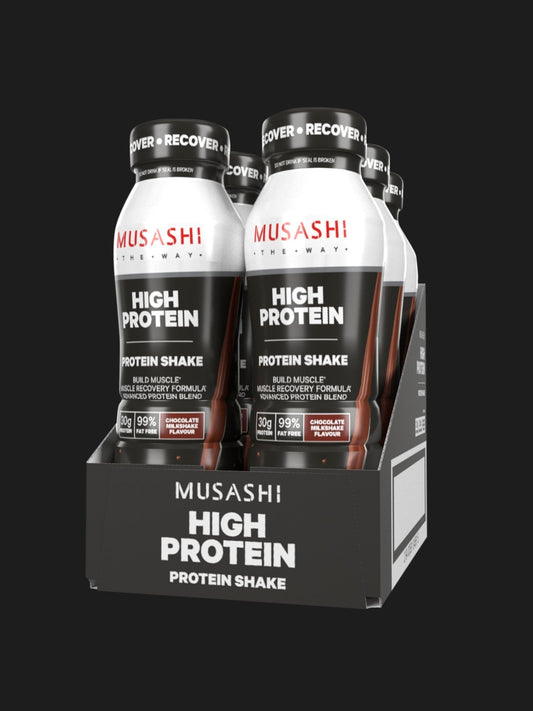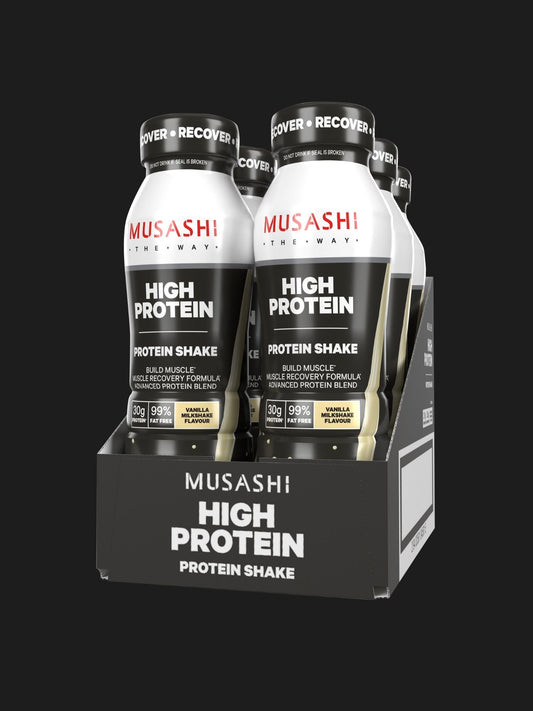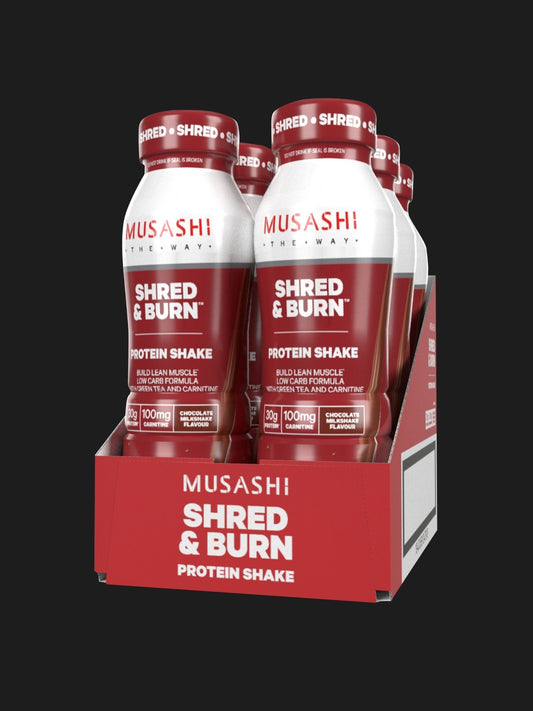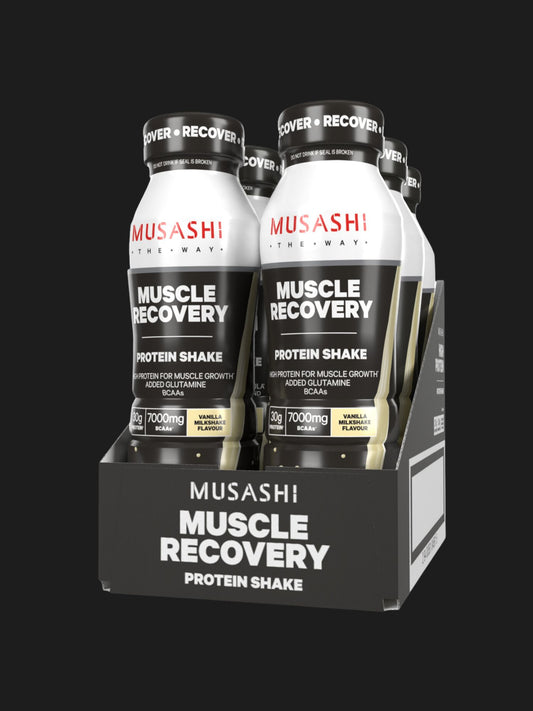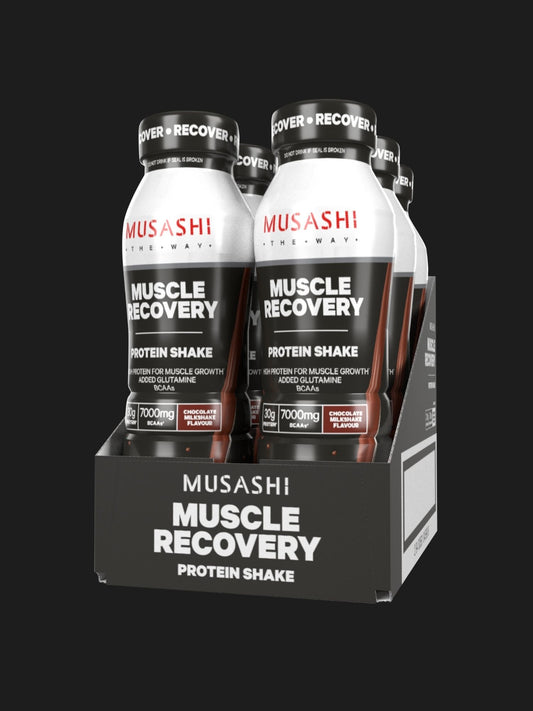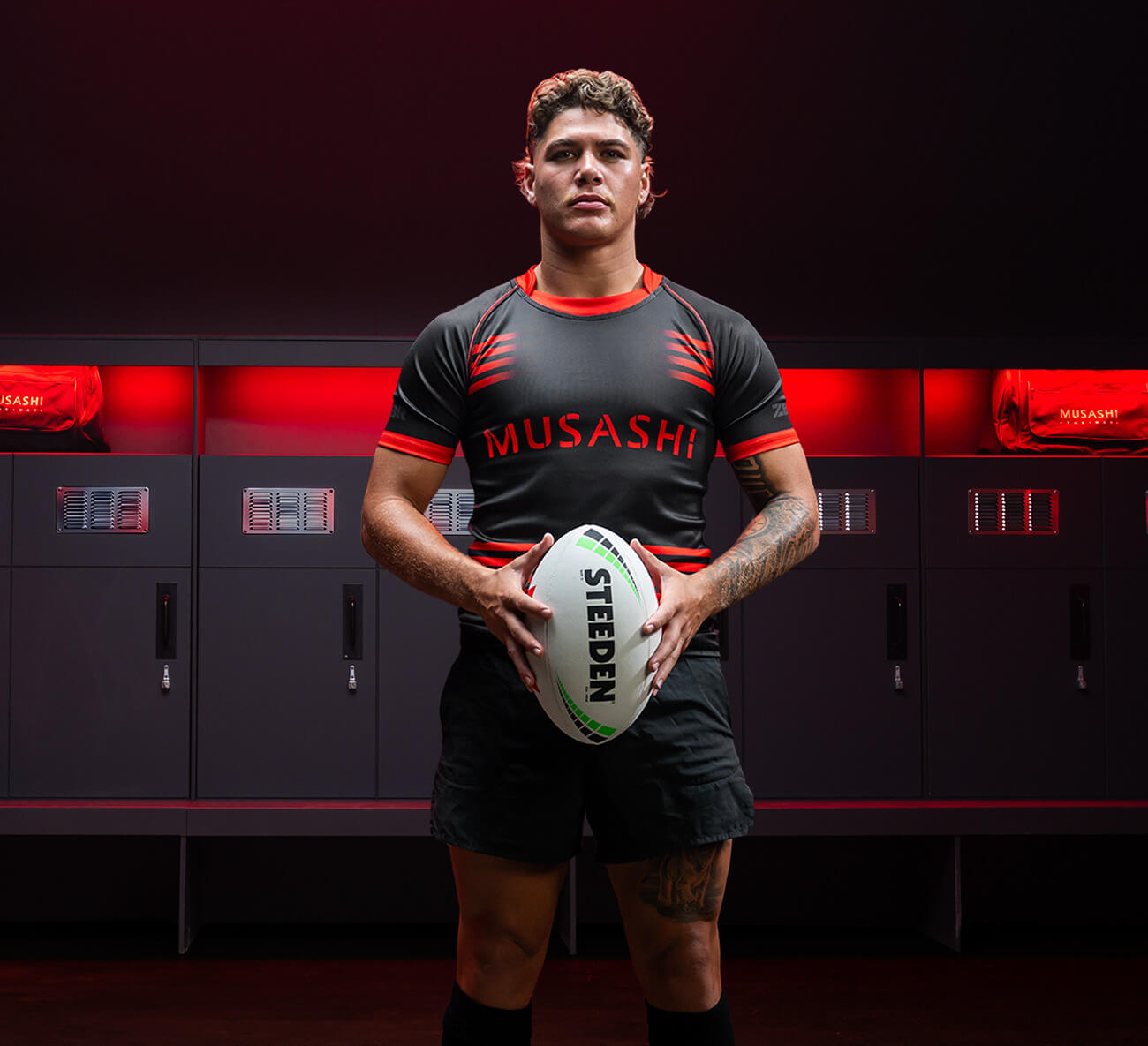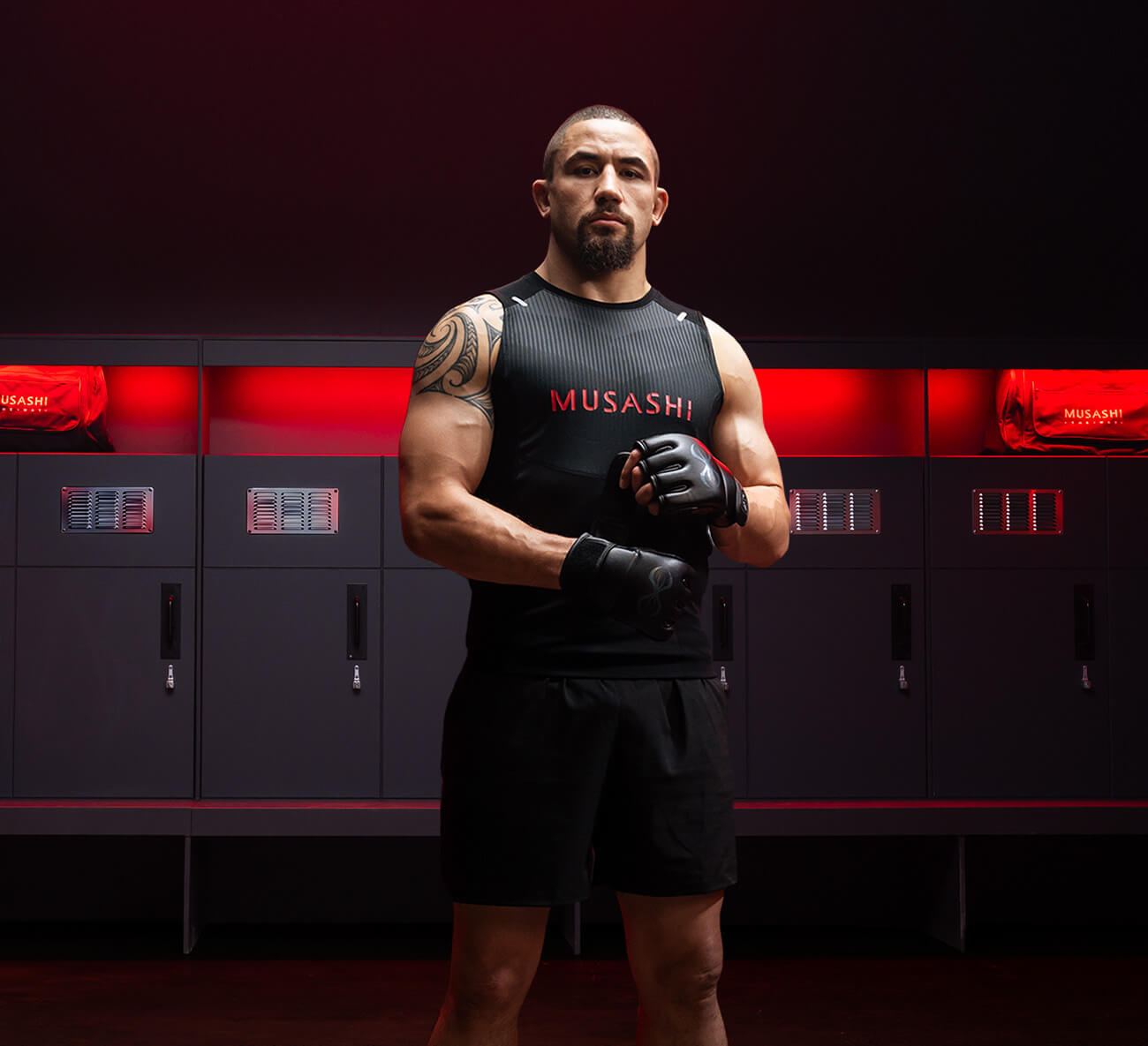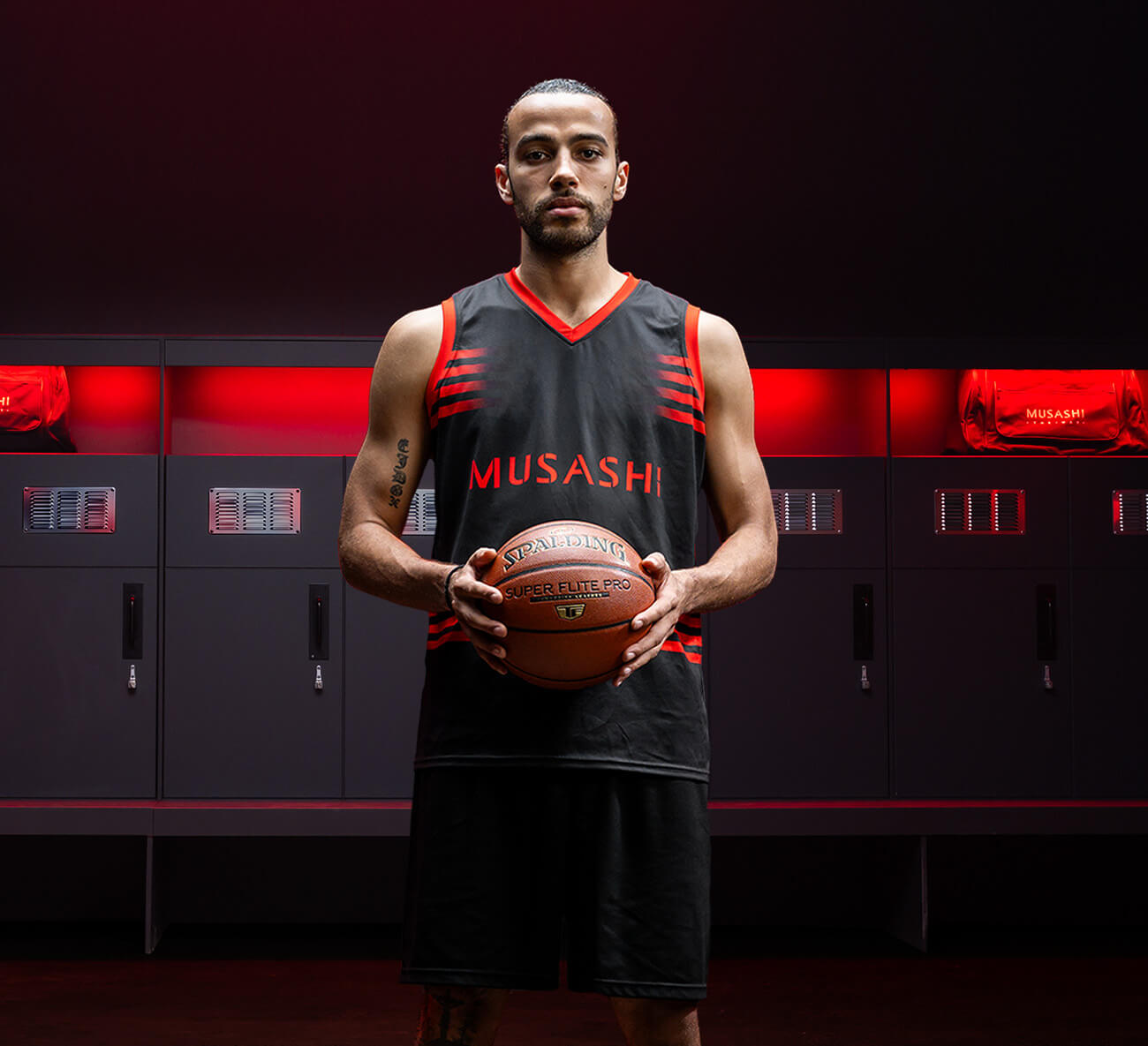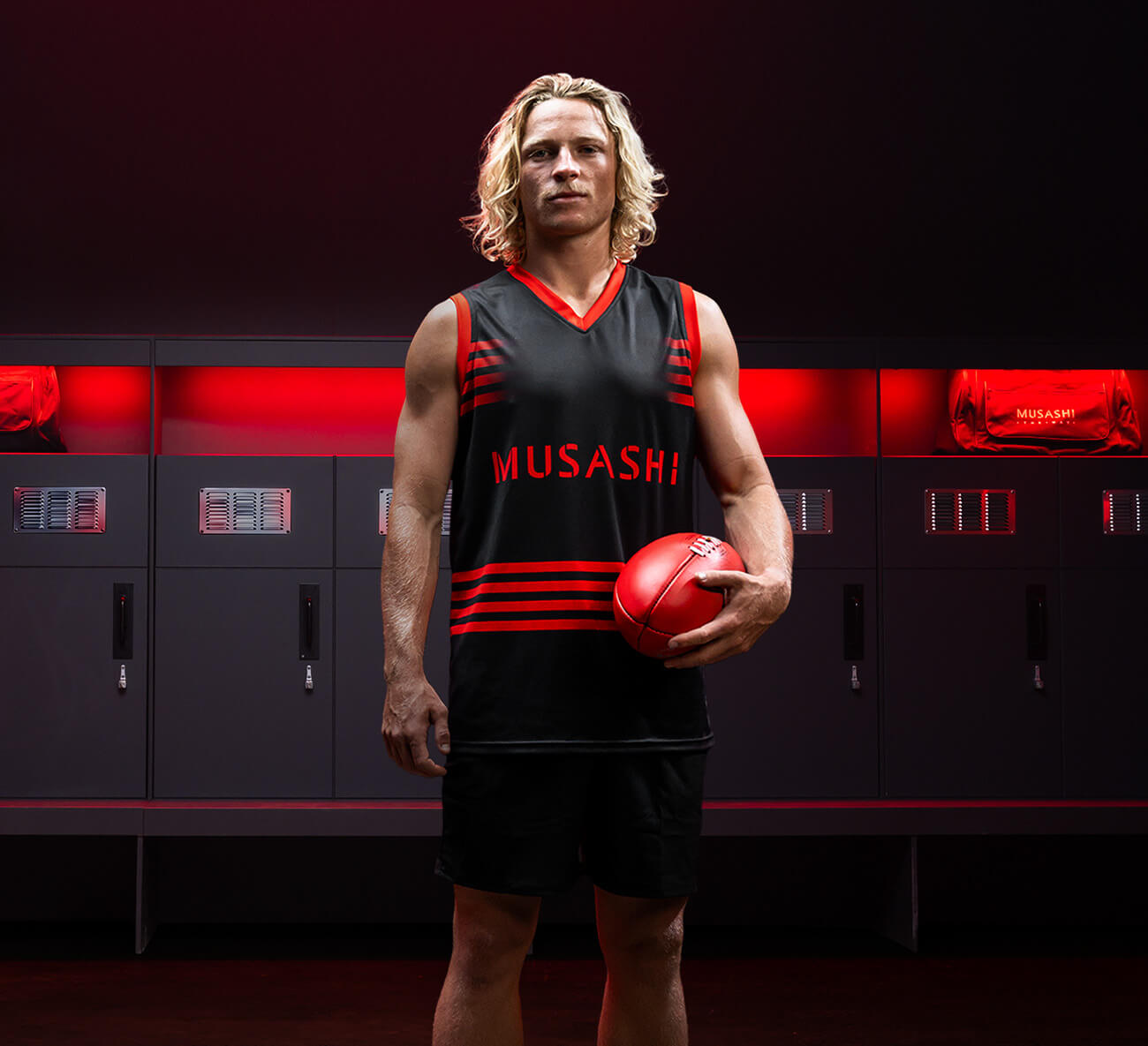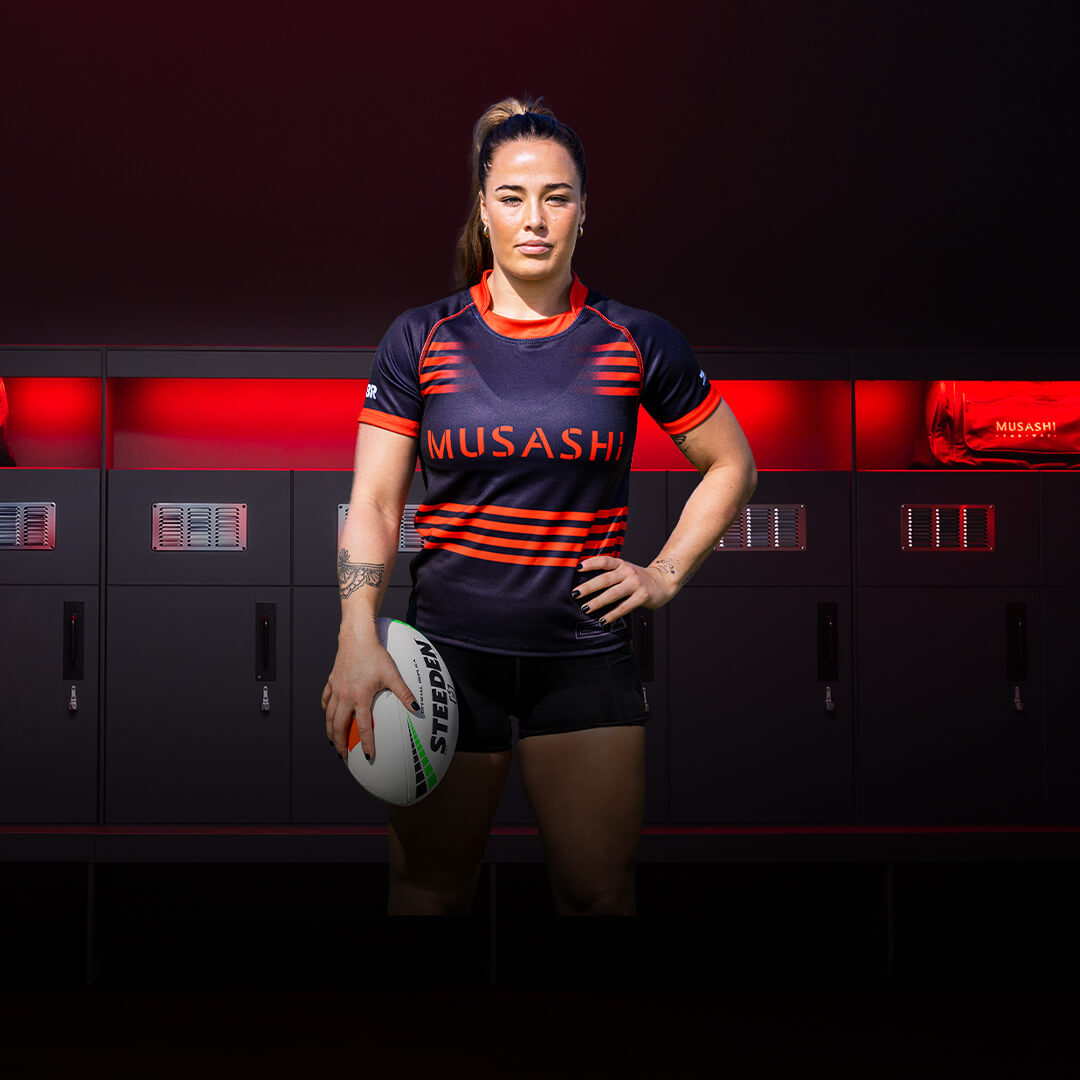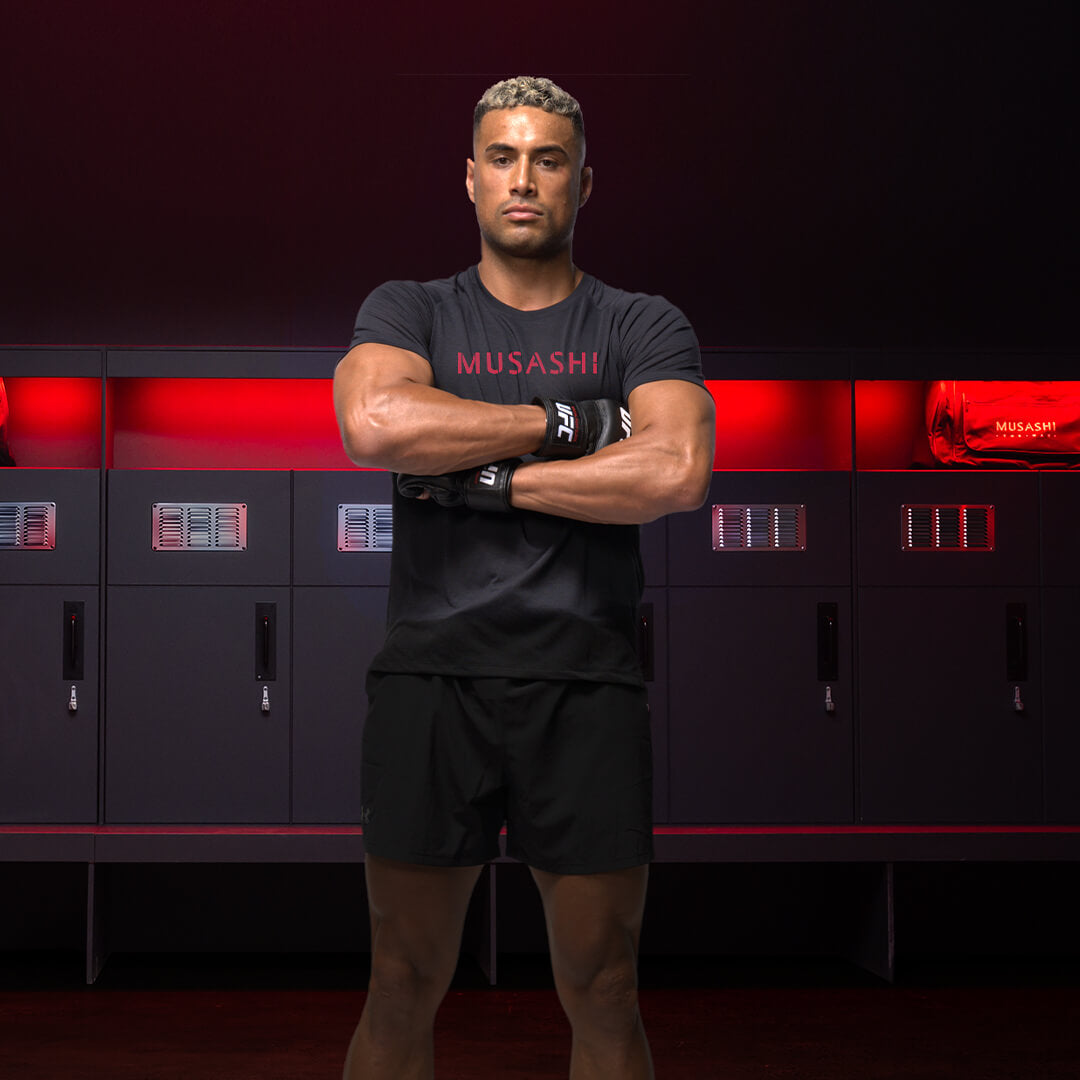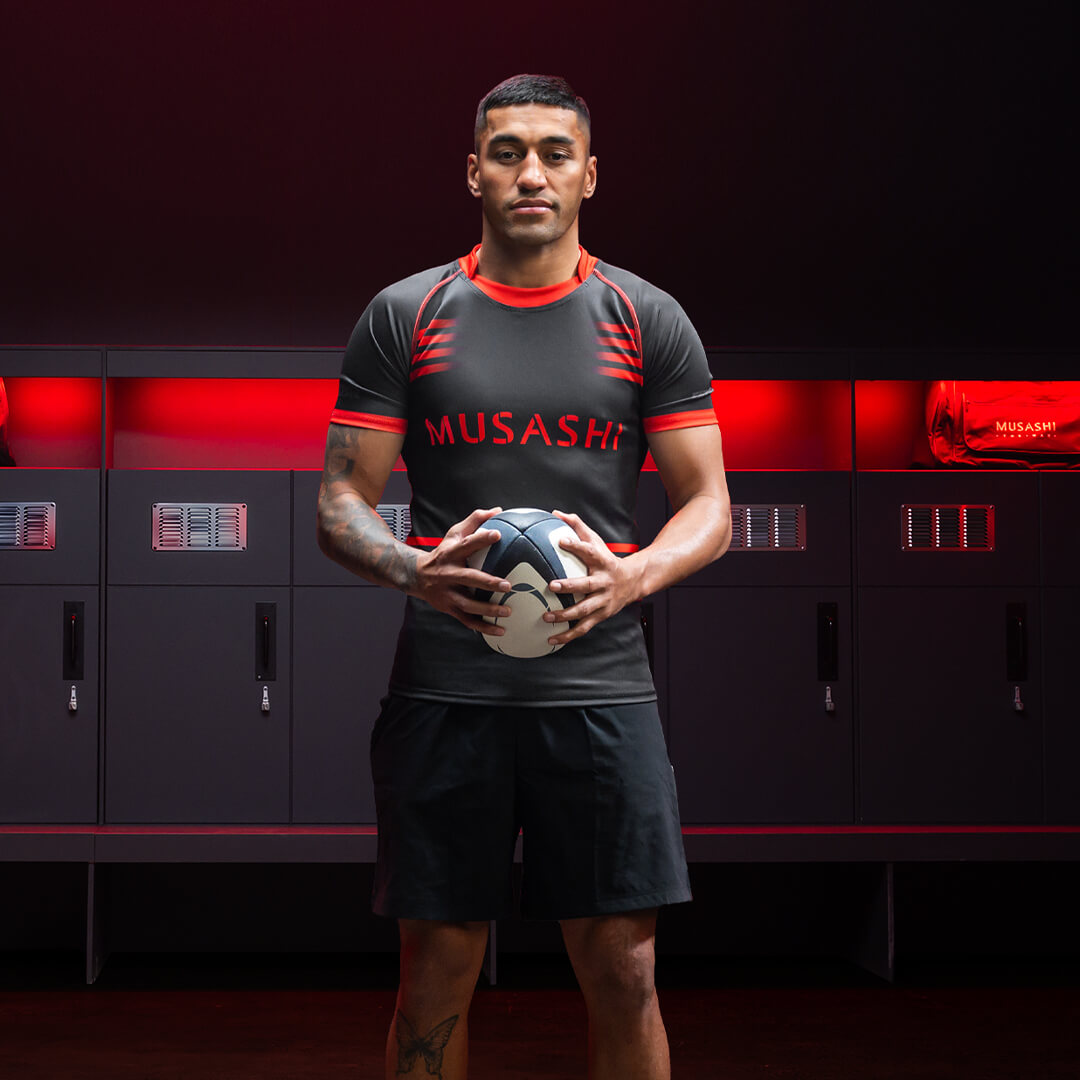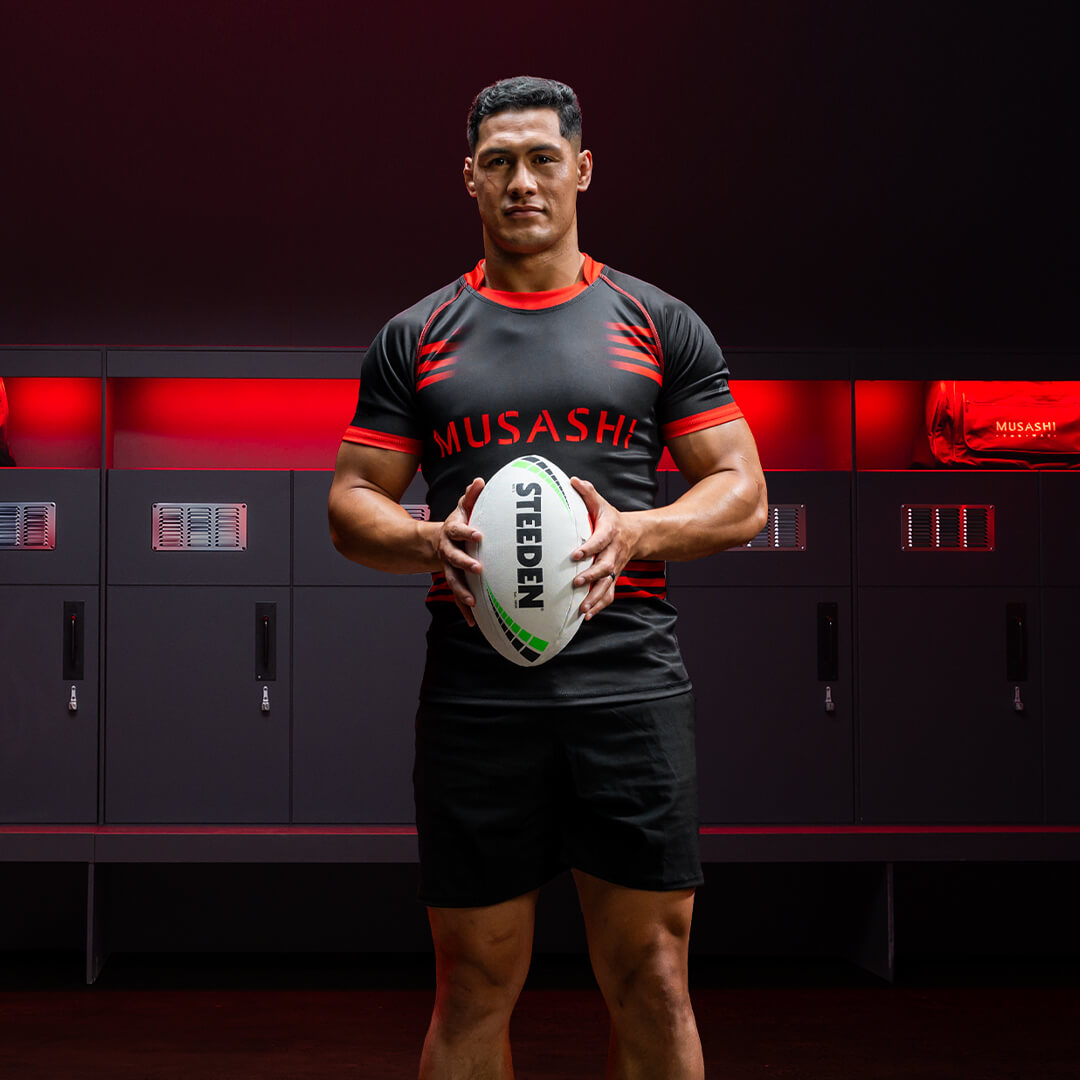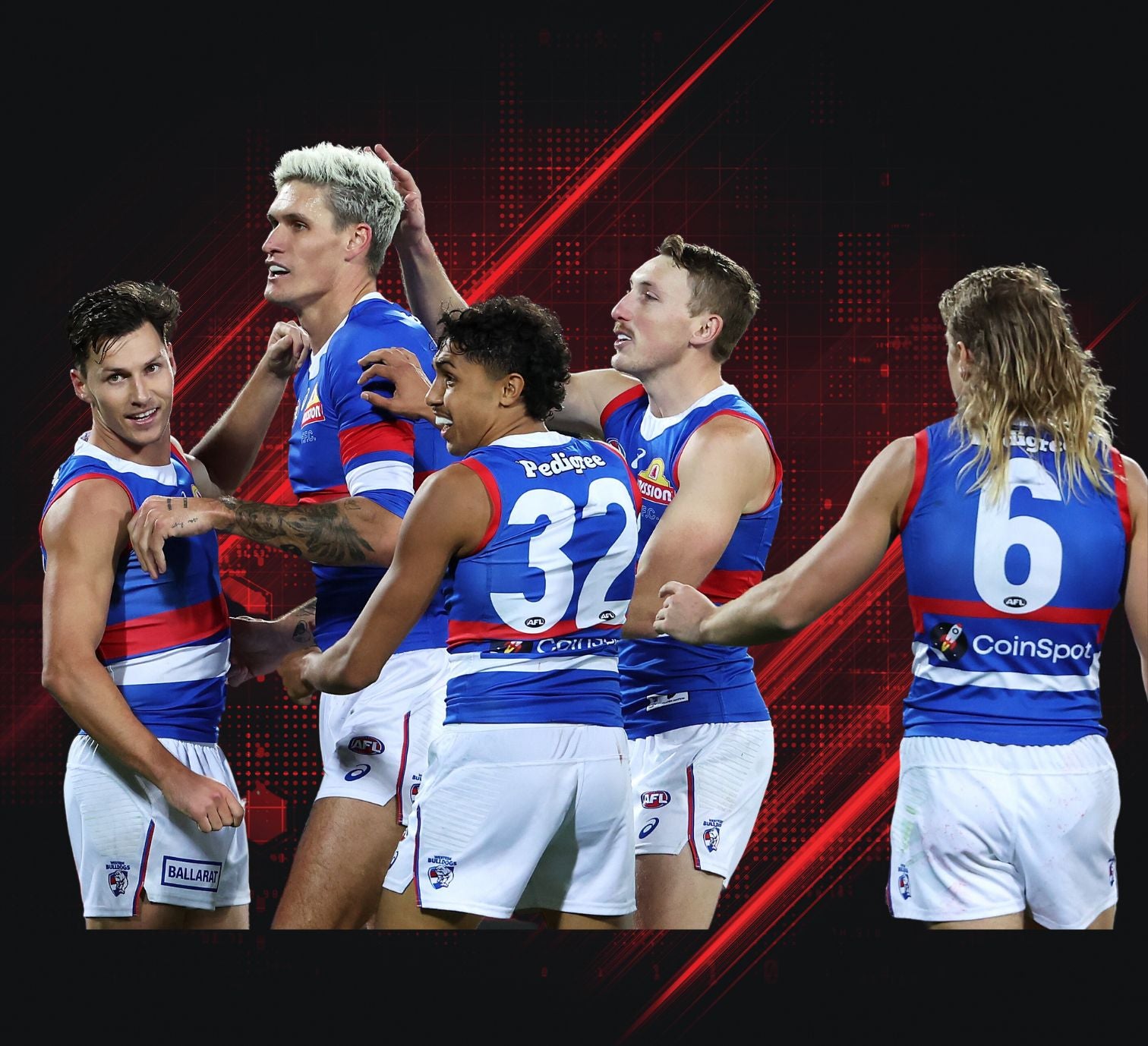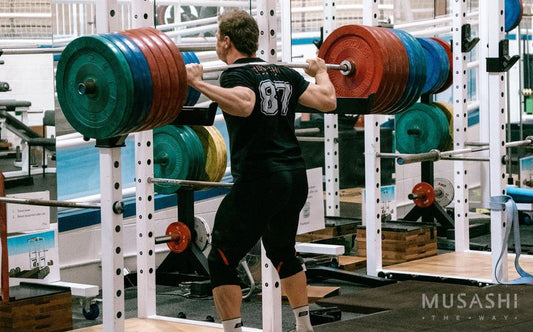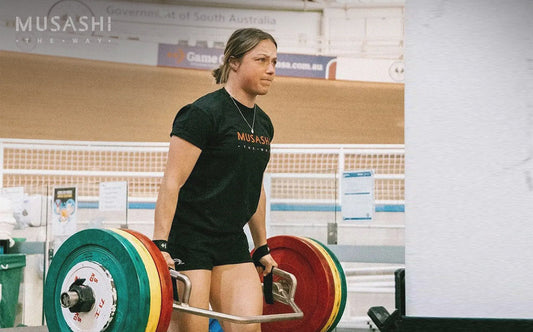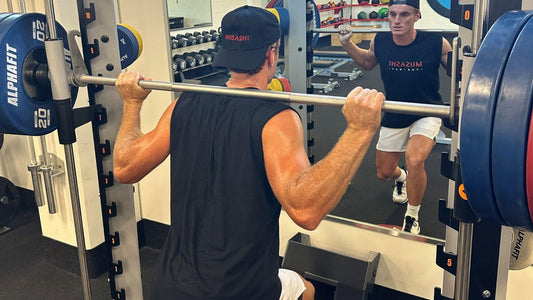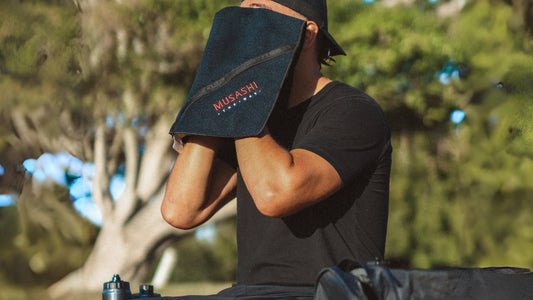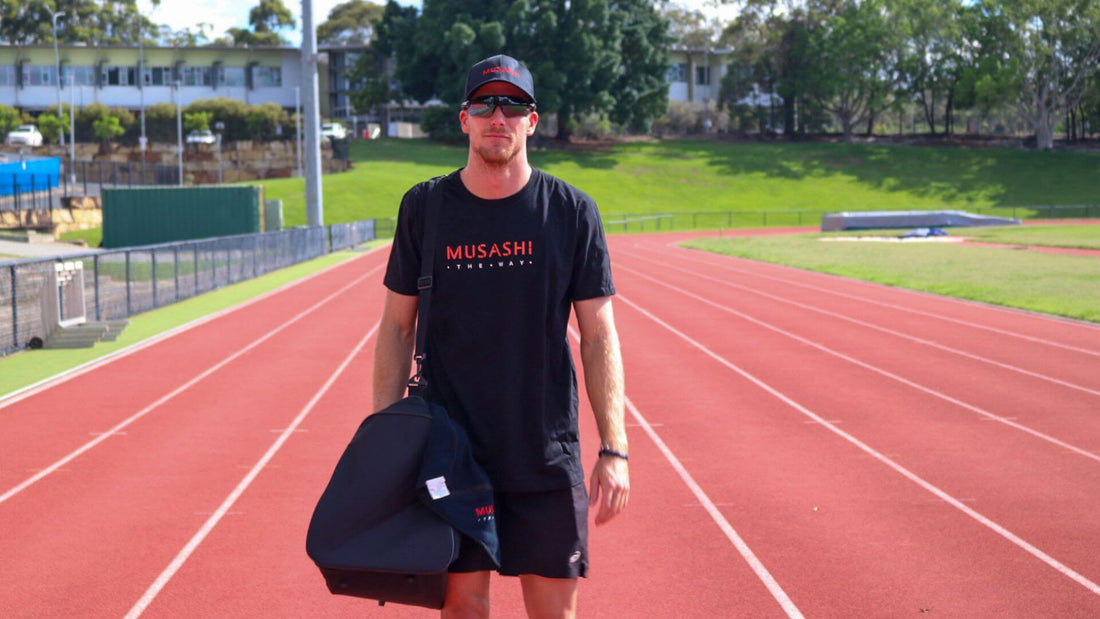
Protein makes up part of every cell and tissue in your body, including your muscle tissue, internal organs, tendons, skin, hair and nails. Your ability to see, think, hear, and move – in fact, to do just about anything that you consider part of a healthy life – requires protein.
How much of your total body weight is protein?
On average, it comprises of about 20% of your total body weight. Protein is needed for the growth and formation of new muscle tissue, tissue repair and for regulating many metabolic pathways, it can also be used as a fuel for energy production during exercise.
What happens to muscle mass if you don't get enough protein?
Every day the body uses more protein than you get from food, therefore it is important to supplement the body with a continuous supply. This maintains an adequate protein level to assist recovery and growth. If your diet does not contain a sufficient amount of protein, you will start to digest and breakdown the proteins in your body resulting in a reduction in muscle mass.
Why is Protein important for training?
Protein is important for all exercise and sports levels. It helps to boost glycogen (carbohydrate stores), reduce muscle soreness and promote muscle repair. The current protein guidelines for the Australian population is 0.75g/kg body weight per day. These recommendations increase to around 1.2 – 2.0g for strength and endurance athletes and anyone taking part in regular exercise. Athletes that are in energy deficit, such as team sport players and long-distance endurance sports can benefit from consuming protein amounts in the mid-range (1.6g/ kg body weight) whereas power and strength sports will benefit from consuming protein at the high-end (2g/ kg body weight) to help assist recovery and reduce the loss of muscle mass. Example: Male weighing 80kg (power and strength training) 80kg x 2g = 160g per day Divided by the number of meals per day (e.g. 5 meals) 80kg x 2g = 160g per day / 5 meals = 32g protein per meal Protein is important for any athlete looking for lean definition, fat reduction, muscle recovery or muscle maintenance.
When is the right time to have protein?
Timing and source of protein also have a key role to play. We recommend you consume 20g of protein during your recovery phase post-training, this can be anytime from the moment you finish, up until 60-minutes after.
What is a complete protein source?
Due to increased popularity and scientific understanding, it’s fair to say that whey protein is a superior protein than vegetable protein powders (hemp, rice, soy or pea) and absorbs faster than casein because it is lower in fat – which is important for athletes with lean definition goals. Whey is a complete protein source referring to two different types of protein; Whey Protein Concentrate (WPC) and Whey Protein Isolate (WPI).
Musashi 100% Whey Protein Powder
Musashi 100% Whey contains a blend of both WPC and WPI. This fast-digesting protein supplement provides you with a quality protein required to maintain health and assist muscle development and recovery. Low in carbohydrates and fat, the Musashi 100% Whey is ideal for any active person wanting to improve muscle recovery, assist muscle growth and aid weight loss.
This easy-to-use protein powder can be made into a delicious shake or mixed into smoothies, baked recipes such as cookies or cakes or mixed with Greek yogurt to create a healthy high protein snack. The saying ‘you are what you eat’ is not actually far from the truth. What you put into your body will determine how you feel, perform and recover during and after training. Eating protein with every meal and including at least one or two protein snacks per day helps athletes of all levels achieve ultimate muscle recovery.
Musashi High Protein Bar
Musashi High Protein bar is the perfect snack on the go. These bars pack 45g of protein with less than 5g of carbs in a convenient, delicious chocolate-coated bar with a tasty flavoured centre. Great for when you need your protein hit post-workout, or as a powerful nutritious snack.
*Musashi Protein Powders and Bars are not a sole source of nutrition and should be consumed supplementary to, and not a replacement for, a nutritious diet. The advice in this blog is in no way associated with The Blues.
